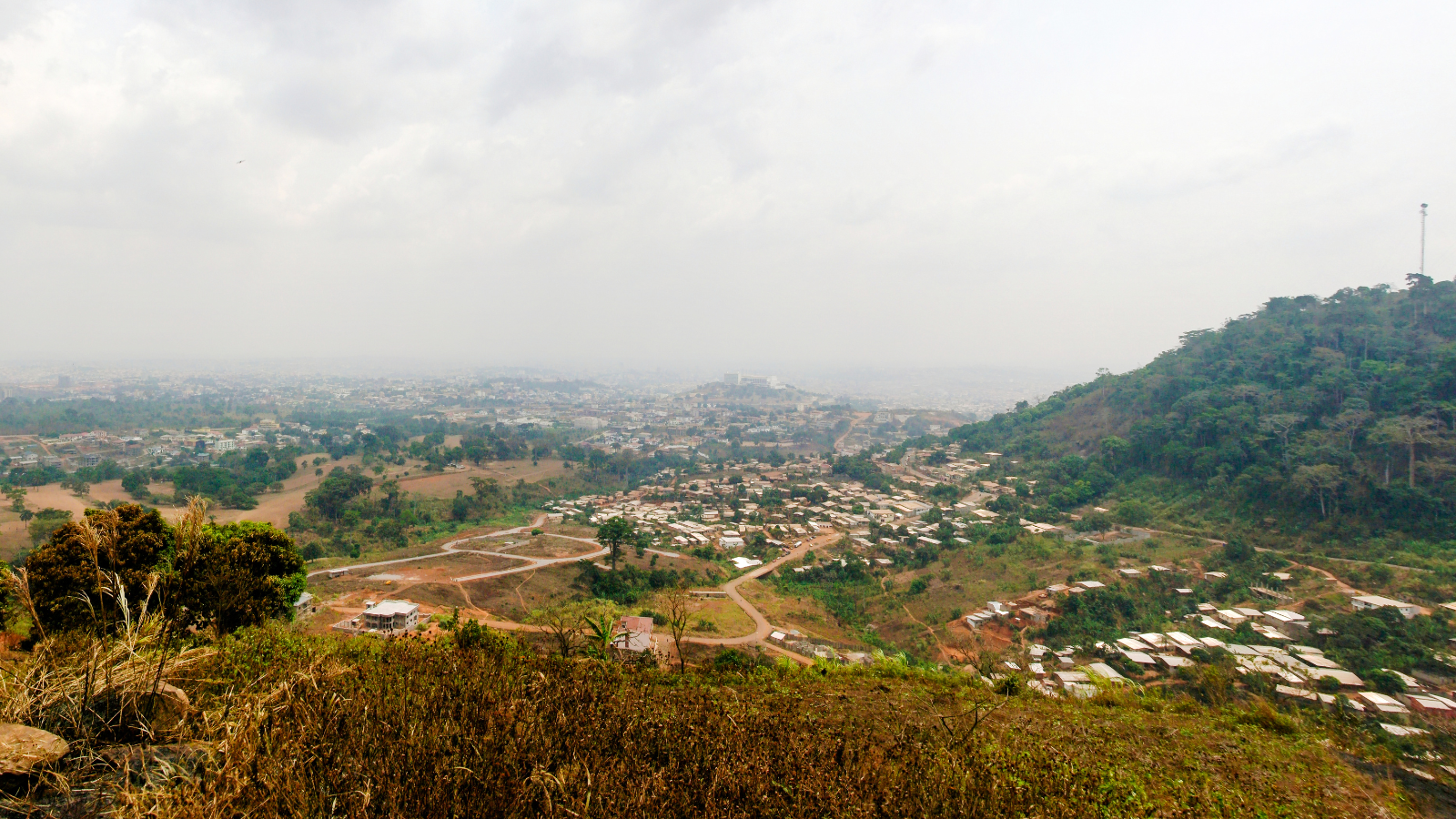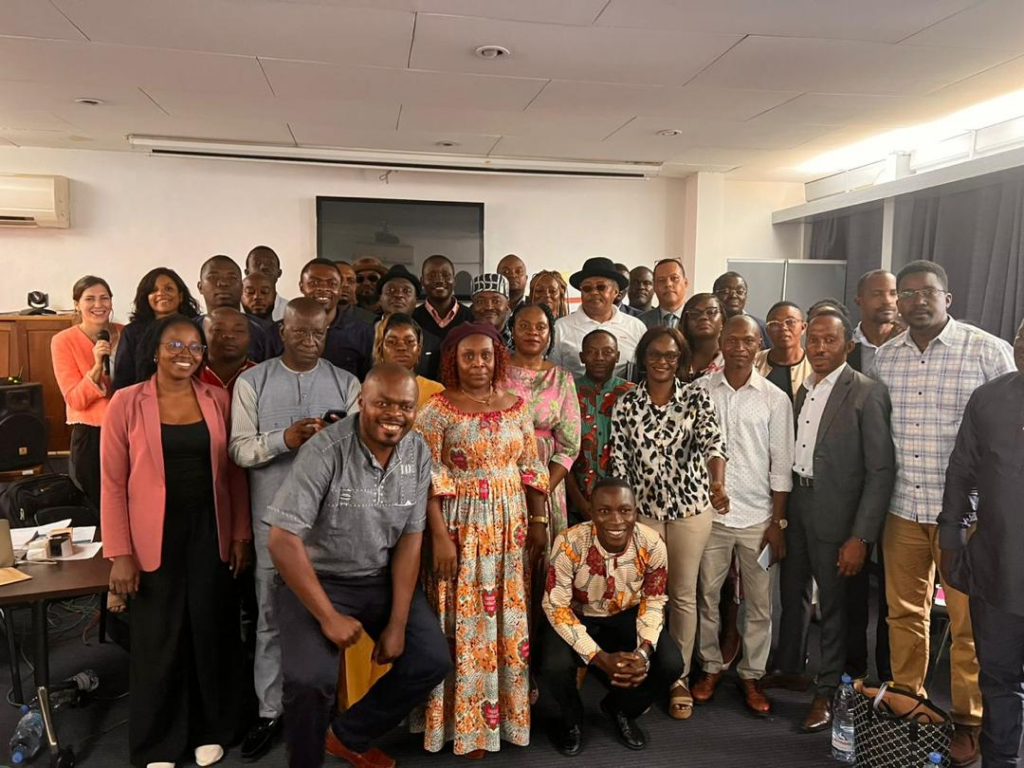20 November 2023
BRIDGE project launches ground breaking initiative for inclusive climate finance and gender equality in Cameroon



ICLEI Africa is excited to launch the BRokering Innovation for Decentralised climate finance & Gender Equality (BRIDGE) project through the recently organised inaugural workshop. BRIDGE recognises the vital role that knowledge broker organisations play in fostering collaboration and bridging divides that often hinder the essential cooperation necessary for scaled climate action.
The ground-breaking initial workshop took place in Yaoundé, the capital city of Cameroon during the Climate Chance Conference Africa 2023. With 40 participants representing municipalities from across Cameroon, civil society organisations, academia, national financial institutions and technical partners, the workshop bought together voices from across the spectrum of climate action.
The focus of the workshop was a pressing issue that has, to date, not received the attention and resources it deserves: unlocking finance to enhance local-level adaptation in ways that are inclusive and gender-responsive. This issue is of paramount importance, as the impacts of climate change are disproportionately felt at the local level, and addressing them requires a comprehensive and gender-sensitive approach.

During the workshop, participants mapped key players in Cameroon’s adaptation finance landscape, with a specific emphasis on inclusivity. They also delved into the activities devised by the BRIDGE project to provide better support for knowledge broker organisations. The support aims to improve access to and deployment of finance for locally-led and gender-responsive adaptation projects. Through these efforts BRIDGE is paving the way for meaningful and sustainable climate action at the local level.
One of the pivotal aspects of the workshop was an in-depth presentation on climate finance in Central Africa, shedding light on issues, challenges, and opportunities for the region’s cities. Participants gained insights into finance flows in Cameroon, financing requirements under the revised 2021 Nationally Determined Contributions (NDCs), and strategies for accessing financing at the local level.
A panel discussion on climate finance and gender inclusion in Cameroon featured speakers from diverse backgrounds, including: Mr Biwole from the Special Council Support Fund for Mutual Assistance (FEICOM), Mr Jean Raphael Hei Djob from the non-governmental organisation (NGO) Help Community and Mr Blondel Silenou from ICLEI Africa. The speakers shared their experiences, initiatives, and perspectives highlighting the importance of gender considerations in climate projects and the involvement of women and young people at every stage.
After the workshop, the ICLEI Africa team engaged with town councils in Yaoundé I and IV, aiming to strengthen cooperation for the development of gender-sensitive climate plans within municipalities The team also connected with the European Union (EU) delegation in Yaoundé, receiving commendation for the project’s innovative and inclusive approach.
The BRIDGE project represents a significant step forward in the pursuit of equitable and sustainable climate action. By focusing on inclusive finance for adaptation at the local level, it recognises the unique challenges faced by different communities and strives to ensure that these challenges are met with gender-sensitive solutions. In doing so, BRIDGE is not only pioneering a new approach to climate action but also setting the stage for transformative change that will benefit communities across Cameroon and, serve as a model for climate action worldwide. The success of the inaugural workshop in Yaoundé is just the beginning of what promises to be a journey of positive change and empowerment in the face of the climate crisis.
BRIDGE is implemented with technical support from ICLEI Africa, and is made possible through the aid of a grant from the Ministry of Foreign Affairs of the Netherlands and the International Development Research Centre (IDRC), Canada.


